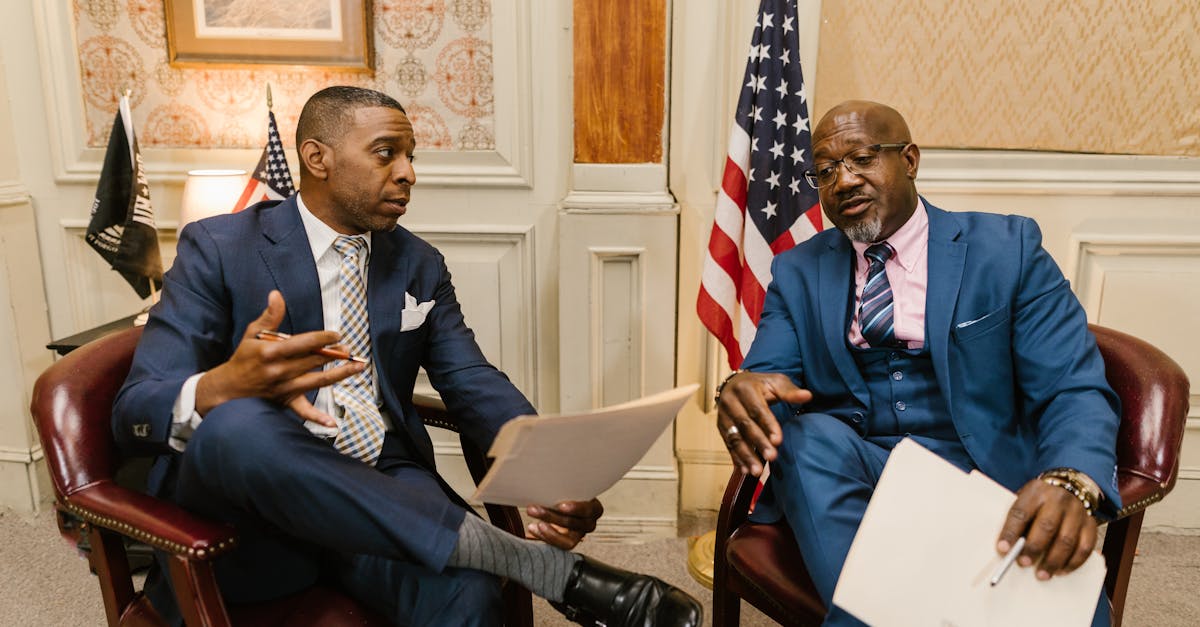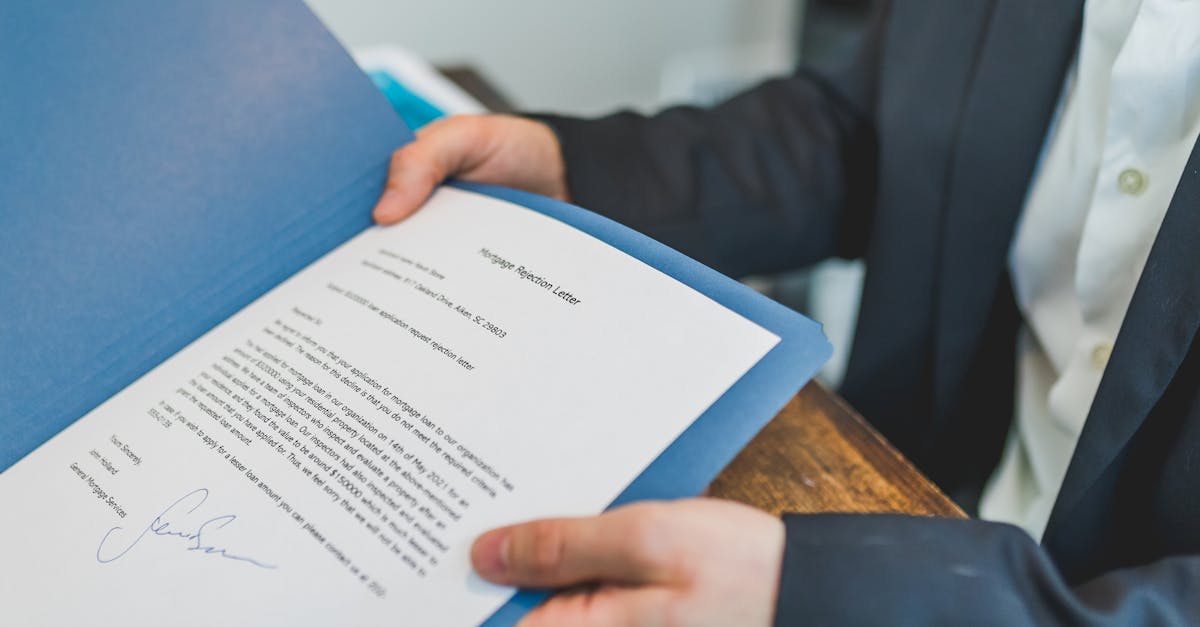
Quantum Legal Consultants is a trusted law firm that specializes in providing expert contract drafting and negotiation services. Our team of experienced attorneys is dedicated to helping clients create comprehensive, legally-binding contracts tailored to their specific needs and circumstances. We understand the importance of clear and precise language in contracts to avoid potential disputes or misunderstandings down the road. Whether you are a business owner, individual, or organization in need of professional contract drafting and negotiation services, Quantum Legal Consultants is here to guide you through the process and ensure your legal agreements are solid and enforceable. Trust us to protect your interests and provide you with the peace of mind that comes with a well-crafted contract.
Negotiation Strategies for Successful Deals
Negotiation is a crucial aspect of securing successful deals in the realm of business and law. Attorneys and lawyers engaged in transactional work often find themselves at the forefront of negotiations, where their skills and strategies can make all the difference in the outcome. Understanding the art of negotiation goes beyond just knowing the legal terms and conditions of a contract; it involves an in-depth understanding of human psychology and communication dynamics.
To leverage bargaining strength effectively, it is essential to be well-versed in the specifics of the deal at hand, such as the price, terms of the contract, and any potential risks involved. Open communication with the other party is key, as it allows for the exchange of feedback and the exploration of common ground. Non-verbal cues, such as body language and tone, can also play a significant role in negotiations, often revealing underlying motivations and intentions. By approaching negotiations with a keen awareness of both the legal and human elements at play, attorneys can navigate complex deals with finesse and achieve favorable outcomes for their clients.
Leveraging Bargaining Strength and Techniques
Negotiating a contract can often feel like a high-stakes game, where each party vies to secure the best possible terms for themselves. Understanding how to leverage bargaining strength and techniques is crucial for achieving successful deals. One key strategy is to conduct thorough research on the other party to gain insights into their needs, desires, and potential areas of flexibility. By being well-informed, you can tailor your approach to align more closely with their preferences, increasing the likelihood of reaching a mutually beneficial agreement.
In addition to research, it is important to maintain a clear focus on your own objectives and priorities during negotiations. Establishing strong boundaries and being willing to walk away if necessary can demonstrate your commitment to securing favorable terms. Another effective technique is to actively listen to the other party and ask targeted questions that help uncover underlying interests or concerns. By fostering open communication and seeking to understand the motivations driving the negotiation, you can create opportunities to propose creative solutions that address both sides' needs.
Contract Review Best Practices
Contract review is an essential part of ensuring the accuracy and legality of any business agreement. It involves a detailed examination of the terms, obligations, and conditions outlined in the contract to ensure they align with the parties' intentions and legal requirements. During the review process, it is crucial to pay close attention to every detail, including the definitions of key terms, the rights and responsibilities of each party, and any provisions related to dispute resolution.
Moreover, contract review best practices often involve conducting thorough due diligence and document analysis to uncover any potential risks or inconsistencies. This process may require collaboration with various stakeholders, such as legal counsel, subject matter experts, and key decision-makers within the organization. By taking a meticulous and proactive approach to contract review, businesses can mitigate legal uncertainties, minimize the chances of disputes arising, and ultimately safeguard their interests in any commercial transaction.
Conducting Due Diligence and Document Analysis
When conducting due diligence and document analysis in the context of contract drafting and negotiation, thorough examination of all relevant materials is crucial. This process involves assessing the risks, opportunities, and legal implications associated with the transaction at hand. Whether it pertains to commercial real estate acquisitions, M&A deals, or joint ventures, scrutinizing all aspects of the contract and supporting documents is essential for making informed decisions and mitigating potential issues down the line.
The analysis should extend beyond the contractual terms to include factors such as environmental, social, and governance (ESG) considerations, tax implications, regulatory compliance, and intellectual property rights. By delving into these areas, legal practitioners and negotiators can address any discrepancies, ensure alignment with the organization's objectives, and safeguard against future disputes. Moreover, leveraging technology tools like machine learning, analytics software, and AI applications can streamline the due diligence process, enhance accuracy, and provide valuable insights that facilitate sound decision-making.
Technology's Impact on Contract Drafting
Technology has significantly impacted the landscape of contract drafting in recent years. The advent of advanced document management systems has streamlined the drafting process, allowing legal professionals to handle contracts more efficiently and accurately. These systems enable lawyers to store, organize, and retrieve contracts and related documents with ease, reducing the time spent on administrative tasks and enhancing overall productivity.
Another key technological advancement in contract drafting is the implementation of generative AI tools. These sophisticated systems can analyze data, identify potential ambiguities or errors, and even propose language to address these issues. By leveraging generative AI, legal professionals can enhance the quality of their contracts, ensuring that terms are clear, concise, and in compliance with relevant laws and regulations. This technology not only speeds up the drafting process but also helps minimize the risk of disputes or litigation arising from ambiguities in contracts.
Implementing Automation for Efficient Processes
Implementing automation in the contract drafting and negotiation processes can significantly enhance efficiency and accuracy. Leveraging technological tools such as artificial intelligence (AI) and blockchain technology can streamline repetitive tasks and minimize the risk of errors. By utilizing these advanced resources, law firms can standardize their procedures, ensuring consistency in contract creation and review while also saving time and resources.
Automation also allows legal professionals to focus on higher-value tasks by delegating routine responsibilities to technology. This shift enables lawyers to dedicate more time to strategic decision-making and complex legal analysis, ultimately enhancing the quality of their work. Moreover, automated processes can help law firms stay competitive in a rapidly evolving industry by improving turnaround times and client satisfaction. Integrating automation into contract drafting and negotiation not only boosts productivity but also enhances the overall effectiveness of legal services.
FAQS
What are some key negotiation strategies for successful deals?
Some key negotiation strategies for successful deals include understanding the priorities and interests of both parties, preparing thoroughly, being patient, and maintaining clear communication throughout the process.
How can one leverage bargaining strength and techniques during contract negotiations?
One can leverage bargaining strength and techniques by conducting thorough research, having alternative options in mind, being confident but flexible, and being willing to walk away if necessary.
What are some best practices for reviewing contracts?
Some best practices for reviewing contracts include carefully reading and understanding all terms and conditions, seeking legal advice if needed, ensuring clarity and consistency in language, and paying attention to details.
Why is conducting due diligence and document analysis important in contract drafting?
Conducting due diligence and document analysis is important in contract drafting to identify any potential risks, discrepancies, or errors in the agreements, and to ensure the terms are favorable and aligned with the parties' intentions.
How has technology impacted contract drafting in recent years?
Technology has impacted contract drafting by streamlining the process, improving efficiency, enabling remote collaboration, providing tools for document automation, and enhancing security and tracking of contract versions.
How can one implement automation for efficient contract drafting processes?
One can implement automation for efficient contract drafting processes by using contract management software, templates, electronic signatures, AI-powered tools for drafting and reviewing contracts, and integrating systems for seamless workflow management.






